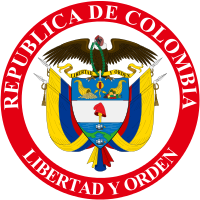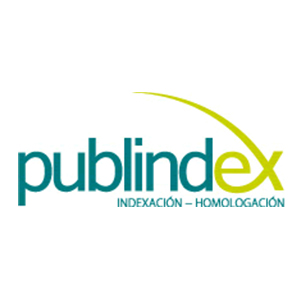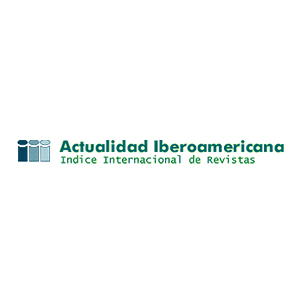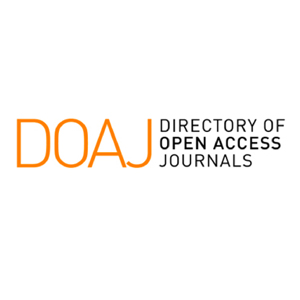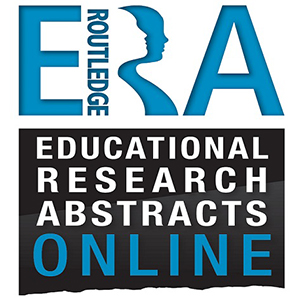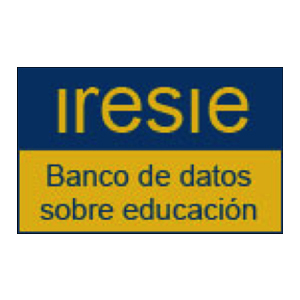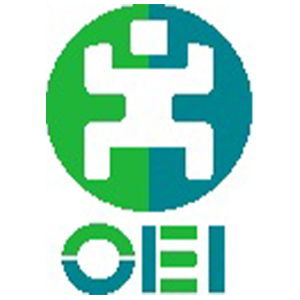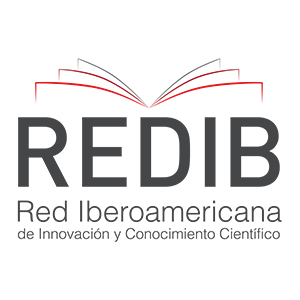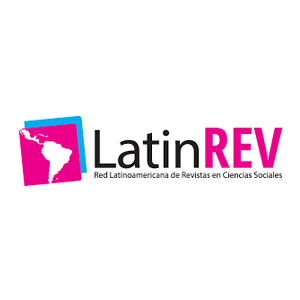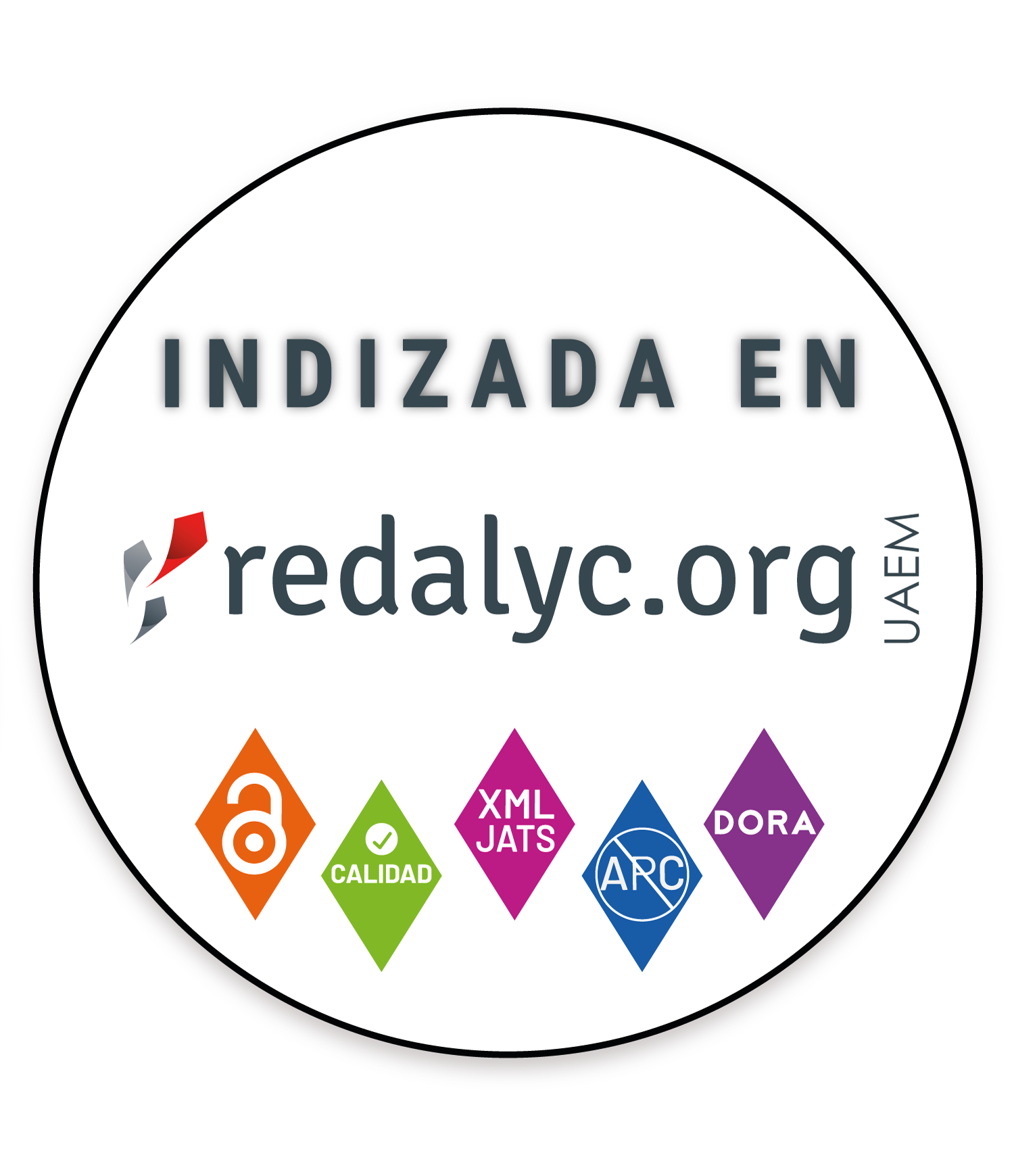‘Se nos hace creer que se trata de nuestra libertad’: notas sobre la ironía del dispositivo de aprendizaje
It makes us believe that it is about our freedom: notes on the irony of the leaning apparatus
Se nos faz acreditar que se trata da nossa liberdade: notas sobre a ironia do dispositivo de aprendizagem
Educacionalización, dispositivo de aprendizaje, gubernamentalidad. (es)
Educaionalização, dispositivo de aprendizagem, guvernamentalidade. (pt)
Biesta, G. (2006). Beyond learning. Boulder: Paradigm. En
M. Birenbaum y F. Dochy (eds.). (1996). Alternatives
in assessment of achievement, learning processes and
prior knowledge. Boston: Kluwer Academic.
Birenbaum, M.y Dochy, F. (eds.). (1996). Alternatives in assessment
of achievement, learning processes and prior
knowledge. Boston: Kluwer Academic.
Bomers, G. (1991). De lerende organisatie. Gids voor de
opleidingspraktijk, 8, 1-25.
Burchell, G. (1996). Liberal government and techniques of
the self. En A. Barry; T. Osborne y N. Rose (eds.). Foucault
and the political reason: Liberalism, neo-liberalism
and rationalities of government. Londres: UCL Press.
Dean, M. (1999). Governmentality. Power and rule in modern
society. Nueva Deli: Sage.
Delanty, G. (2003). Citizenship as a learning process: Disciplinary
citizenship versus cultural citizenship. International
Journal of Lifelong Education, 22, 597-605.
Depaepe, M. (2005). Geen ambacht zonder werktuigen.
Reflecties over de conceptuele omgang met het pedagogische
verleden En M. Depaepe; F. Simon y A.
Van Gorp (eds.), Paradoxen van de pedagogisering.
Handboek pedagogische historiografie. Leuven: Acco.
Drucker, P. (1969). The age of discontinuity. Guidelines to our
changing society. Nueva York: Harper & Row.
Edwards, R. (2002). Mobilizing lifelong learning: Governmentality
in educational practices. Journal of Education
Policy, 17, 353-365.
Edwards, R. y Nicoll, K. (2004). Mobilizing workplaces:
Actors, discipline and governmentality. Studies in
Continuing Education, 26, 159-173.
European Commission (1995). Teaching and learning:
Towards the learning society. Bruselas: European
Commission.
Faure, E. (1972). Learning to be. The world of education
today and tomorrow. París: Unesco.
Fejes, A. (2005). New wine in old skins: Changing patterns
in the governing of the adult learner in Sweden.
International Journal of Lifelong Education, 24, 71-86.
Flavell, J.H. (1976). Metacognitive aspects of problem solving.
En L.B. Resneck (ed.). The nature of intelligence.
Hillsdale: Laurence Erlbaum.
Foucault, M. (1975). Surveiller et punir. Paris: Gallimard.
Foucault, M. (1976). Histoire de la sexualité 1. La volonté de
savoir. París: Gallimard.
Foucault, M. (1984a). Qu’est-ce que les Lumi`eres. En D.
Defert; F. Ewald y J. Lagrange (eds.). Dits et ´ecrits IV
-1988. París: Gallimard.
Foucault, M. (1984b). Histoire de la sexualité 2. L’usage des
plaisirs. París: Gallimard.
Foucault, M. (2004a). Naissance de la biopolitique, Cours
au Coll`ege de France (1978–1979). París: Gallimard/
Le seuil.
Foucault, M. (2004b). Sécurité, territoire, population, Cours
au Coll`ege de France (1977–1978). París: Gallimard/
Le seuil.
Gagné, R.M. (1970). The conditions of learning. Londres:
Holt, Rinehart and Winston.
Giddens, A. (2000). Paars: De Derde Weg. Over de vernieuwing
van de sociaal-democratie. Amberes: Houtekiet.
Número 38 / Universidad Pedagógica Nacional / Facultad de Educación / 2013 / Páginas. 93 - 102
Gordon, C. (1991). Governmental rationality: An introduction.
En G. Burchell; C. Gordon y P. Miller
(eds.). The Foucault effect: Studies in governmentality.
Londres: Harvester Wheatsheaf.
Husén, T. (1974). The learning society. Londres: Methuen.
Kirzner, I. (1973). Competition and entrepreneurship. Chicago:
The University of Chicago Press.
Knowles, M.S. (1970). The modern practice of adult education:
Andragogy versus pedagogy. Chicago: Follett.
Lindeman, E. C. (1926). The meaning of adult education.
Nueva York: New Republic. [En línea]. Recuperado
el 17 de enero de 2007 de: http://www.infed.org/
archives/e-texts/lindem1.html
Mathiessen, T. (1997). The viewer society: Michel Foucault’s
‘Panopticon’ revisited. Theoretical criminology 1(2),
-234.
Mayer, R. E. (1983). Thinking, problem solving, cognition.
Nueva York: W. H. Freeman.
McKenzie, J. (2001). Perform or else: From discipline to
performance. Londres: Routledge.
Ministry of the Flemish Community [Ministerie van de
Vlaamse Gemeenschap] (1999). Beroepsprofielen
en Basiscompetenties van de leraren. Decretale Tekst
en memorie van toelichting. Bruselas: Departement
Onderwijs.
Pochet, Ph. y Paternotre, M. (1998). “Inzetbaarheid/
Employability” in de context van de werkgelegenheidsrichtsnoeren
van de Europese Unie. Observatoir
social européen. Recuperado de: http://www.ose.
be:files:employa-nl.pdf.
Rose, N. (1996). Governing ‘advanced’ liberal Democracies.
En A. Barry; T. Osborne y N. Rose (eds.). Foucault and
the political reason: Liberalism, neo-liberalism and
rationalities of government. Londres: UCL Press.
Rose, N. (1999). The powers of freedom. Reframing political
thought. Cambridge: Cambridge University Press.
Senge, P. (1990). The leader’s New Work: Building learning
organizations. Sloan Management Review, 23, 7-23.
Shuell, T.J. (1988). The role of the student in learning from
instruction. Contemporary Educational Psychology,
, 276-295.
Simons, M. (2007). ‘To be informed’: Understanding the role
of feedback information for Flemish/European policy.
Journal of Education Policy, 22, 531-548.
Simons, M., & Masschelein, J. (2008). Our ‘will to learn’ and
the assemblage of a learning apparatus. In K. Nicoll & A.
Fejes (Eds.), Foucault and lifelong learning: Governing
the subject (pp. 48–60). Londres: Routledge.
Sloterdijk, P. (1991). Eurotao¨ısme. Over de kritiek van de
politieke kinetiek. Trad. W. Hansen. Ámsterdam: Uitgeverij
De Arbeiderspers.
Tjepkema, S. (1996). Ondersteuning van de kenniswerker
in een lerende organisatie. Opleiders in Organisaties/
Capita-Selecta, 26, 83-98.
Vandenbroucke, F. (2004). Onderwijs en vorming. Vandaag
kampioen in wiskunde, morgen ook in gelijke kansen.
Beleidsnota 2004-2009. Bruselas: Ministerie van de
Vlaamse Gemeenschap.
Vandenbroucke, F. (2007). Forum Onderwijsvernieuwing:
een veranderende samenleving vraagt een
veranderende school. Recuperado de: http://www.
vlaanderen.be/servlet/Satellite?c=MIN_ Publicatie&
cid=1180669940761&lang=NL&lyt=114172128595
&p=1100806249017&pagename=minister_frank_
vandenbroucke%2FMIN_ Publicatie%2FPublicatiePa
geMIN&ppid=1142511947285&site=minister_frank
vandenbroucke&subtype=Toespraak.
Von Glasersfeld, E. (1995). Radical constructivism: A way of
knowing and learning. Londres: Falmer.
Westhoff, G.J. (1996). Naar een didaktiek van de studeerbekwaamheid.
En J. Kaldeway; J. Haenen; S. Wils y G.
Westhoff (eds.). Leren leren in didactisch perspectief.
Groningen: Wolters-Noordhoff.
APA
ACM
ACS
ABNT
Chicago
Harvard
IEEE
MLA
Turabian
Vancouver
Descargar cita
Citaciones

1. David Andrés Rubio Gaviria, Rogger Stiphen Mendoza Duarte. (2018). El aprendizaje y el campo pedagógico: algunos conceptos fundamentales. Praxis & Saber, 9(19), p.19. https://doi.org/10.19053/22160159.v9.n19.2018.4705.
2. Paola Andrea Roa García. (2020). La vida y lo vivo. Una inquietud por la enseñanza de la Biología en Colombia.. Bio-grafía, 13(24) https://doi.org/10.17227/bio-grafia.vol.13.num24-10494.
3. Ana Lucía Jiménez B.. (2018). La universidad interrogada: opacamiento de la formación y la experiencia. , p.135. https://doi.org/10.7476/9789586190107.0009.
4. Rocío del Pilar Méndez Suárez. (2020). La cuestión educativa en las prácticas museales. Pedagogía y Saberes, (54) https://doi.org/10.17227/pys.num54-11393.
Métricas PlumX
Visitas
Descargas
Licencia
Derechos de autor 2014 Pedagogía y Saberes

Esta obra está bajo una licencia internacional Creative Commons Atribución-NoComercial 4.0.
Todo el trabajo debe ser original e inédito. La presentación de un artículo para publicación implica que el autor ha dado su consentimiento para que el artículo se reproduzca en cualquier momento y en cualquier forma que la revista Pedagogía y Saberes considere apropiada. Los artículos son responsabilidad exclusiva de los autores y no necesariamente representan la opinión de la revista, ni de su editor. La recepción de un artículo no implicará ningún compromiso de la revista Pedagogía y Saberes para su publicación. Sin embargo, de ser aceptado los autores cederán sus derechos patrimoniales a la Universidad Pedagógica Nacional para los fines pertinentes de reproducción, edición, distribución, exhibición y comunicación en Colombia y fuera de este país por medios impresos, electrónicos, CD ROM, Internet o cualquier otro medio conocido o por conocer. Los asuntos legales que puedan surgir luego de la publicación de los materiales en la revista son responsabilidad total de los autores. Cualquier artículo de esta revista se puede usar y citar siempre que se haga referencia a él correctamente.

